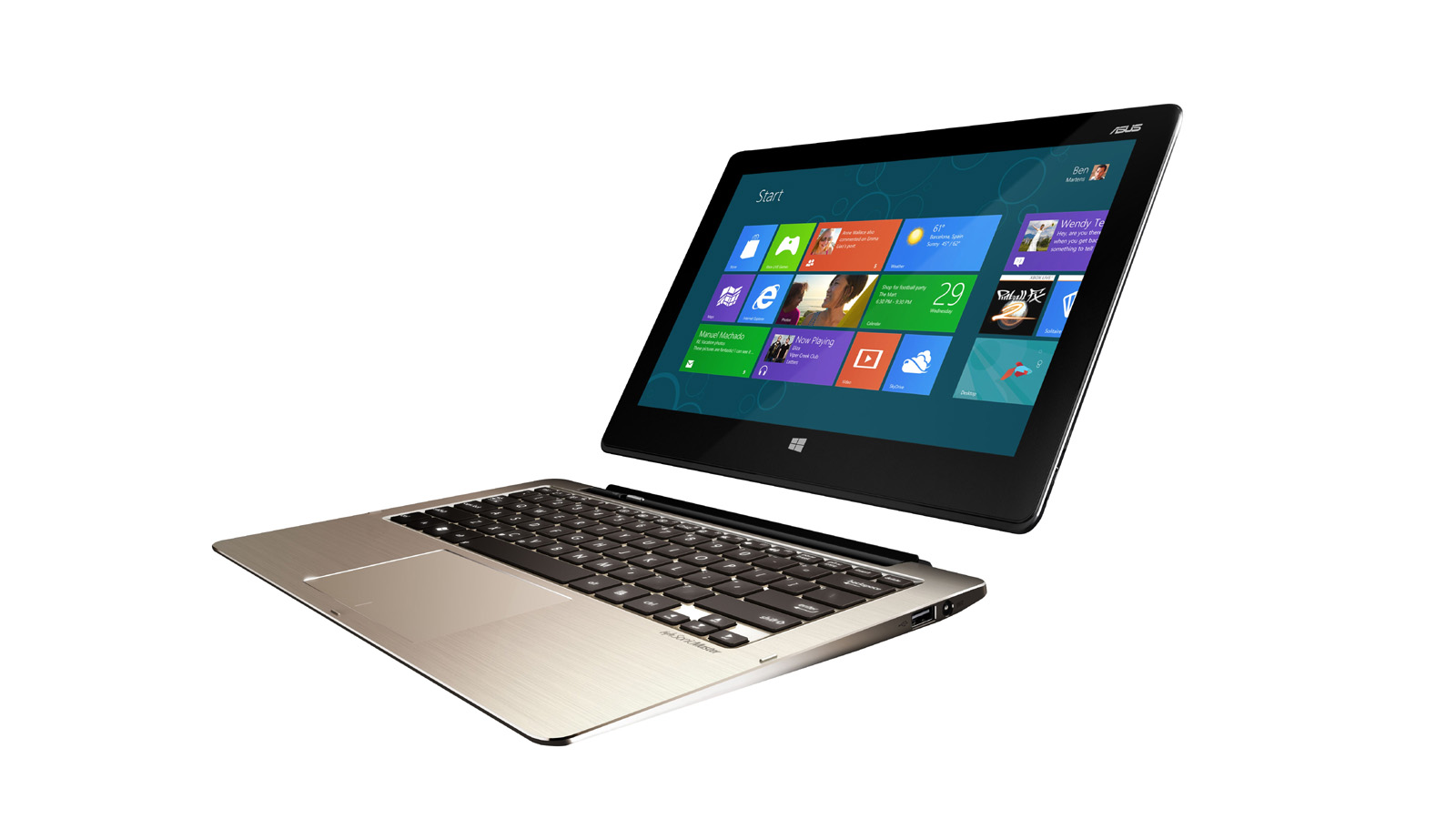How the 'app gap' will make or break Windows 8 tablets
Windows 8 touch devices need great apps

I've seen the future and it's x86. But not just any x86 chip. But a full-fat, Intel Core processor inside a tablet PC.
Now, this isn't exactly news. The tablet in question wasn't even new. It was an oldish Samsung tablet with a Core i5 chip of not exactly boxy freshness. And for the record, one of AMD's fusion chips would do just fine, too, so long as it has the full fat Bulldozer architecture and not the weedy bobcat gubbins.
Actually, given AMD's pre-eminence in graphics, its chips might even be preferable. But that's a story for another day.
The operating system the tablet was running has been knocking around for a bit, too. It was the Windows 8 Release Preview code, of course. But it was the first time I'd experienced the whole shebang come together with that critical final component, a capacitive rather than resistive touchscreen.
I'll be honest. I didn't spend long with the thing. But then I didn't have to. I'm already pretty familiar with both prevailing tablet devices and the pre-release vintage of Windows 8. So, it was a matter of a few moments of swishing and swiping around the Metro interface for the full realisation to hit me.
That said, loading up a a live stream of the Wimbledon semis in HD didn't exactly hurt, either. It was flash video, of course, and that particular stream would not have been viewable on an iPad, regardless of its retina display.
The clincher, however, was the immediate realisation was that this was truly a device that would both simplify and enhance people's computing lives. To date, tablets have been an extra device on top of a laptop PC.
Sign up to the TechRadar Pro newsletter to get all the top news, opinion, features and guidance your business needs to succeed!
For anyone serious about portable computing, therefore, ithe rise of tablets has meant an arsenal of at least three devices – smartphone, tablet and laptop. There will be some who claim to have replaced their laptops with tablets, even for serious content creation.
Those people, however, are outliers who've made significant effort and sacrifices to achieve that. I'm happy to ignore them.
Compromise-free computing
But a Windows 8 tablet with a full-power x86 process from Intel or AMD? You get compromise-free computing in terms of performance. I reckon the form factor will be close enough to ARM-based tablets not to matter in terms of tablet ergonomics. And a plug-in keyboard and trackpad along with full support for proper Windows apps will ensure content creation chops to match a laptop.
All of which leaves just three question marks. Can a Windows 8 tablet compete with the massive ecosystem of iPad apps? What will the battery life be like with a full-on x86 chip in such a small form factor. And is all this going to be affordable?
The answer to question one for established iPad addicts is easy. It's clearly no, at least not initially at any rate. For everyone else, particularly those who either only use a tablet casually or haven't yet taken the plunge into touch computing, an x86 Windows 8 tablet-convertible device is going be a bit of a revelation.
And if Windows tablets do take off among laptop users, the "app gap" with the iPad and Android devices will surely shrink. And then it really will be game on.
As for battery life and the sordid matter of money, we'll have to wait and see. But I think it's pretty likely that full-on x86 tablets will be both long lasting and relatively affordable sooner rather than later.
Technology and cars. Increasingly the twain shall meet. Which is handy, because Jeremy (Twitter) is addicted to both. Long-time tech journalist, former editor of iCar magazine and incumbent car guru for T3 magazine, Jeremy reckons in-car technology is about to go thermonuclear. No, not exploding cars. That would be silly. And dangerous. But rather an explosive period of unprecedented innovation. Enjoy the ride.